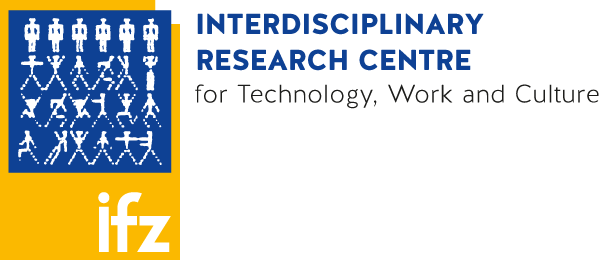E-Trans 2050: Towards a sustainable energy future
The project aims at a systematic and interactive engagement with socio-technical visions of potential energy futures and intends to support strategy development at the level of politics, programme management and firms involved in the scenario development process. The project thereby builds on the preceding strategy development process e2050 and complements quantitatively oriented energy scenario models.
FFG, Energie- und Klimafonds
2008-2010
- Austrian Research Centres - Abteilung Systemforschung
- Institut für Technikfolgenabschätzung der ÖAW
The programme “Energy of Tomorrow” aims at a long-term transformation of the Austrian energy system. Such transitions require complex processes of social learning involving a multitude of actors and levels, such as the firm level, social networks and broader social contexts. The system innovations required for profound change processes involve the reconfiguration of technologies, institutions (e.g. regulation; informal norms such as professional cultures or cognitive paradigms), social practices (e.g. use patterns, lifestyles), cultural values, and the relations, interests and strategies of various actors. The active political and social shaping of such transformations depends on the development of shared visions about possible ‘futures’ of the energy system as well as the continuous adaptation of strategies and action to move the energy system into desired directions.
The project aims at a systematic and interactive engagement with socio-technical visions of potential energy futures and intends to support strategy development at the level of politics, programme management and firms involved in the scenario development process. The project thereby builds on the preceding strategy development process e2050 and complements quantitatively oriented energy scenario models.
The main project steps are:
- Development of framework scenarios to describe different potential socio-economic contexts and other external influences shaping the further development of the energy system,
- Participative generation of consistent and plausible socio-technical visions of future energy systems taking place in two workshops with different stakeholder representatives,
- Multi-criteria-assessment of the sustainability of different visions and identification of specific socio-economic constellations (‘hot spots’) which are regarded central for the further transformation path of the energy system (e.g. design of the grid infrastructure or interface between agricultural and energy systems),
- Organisation of three expert-panels to support the analysis of system innovations related to these hot spots.
The development of socio-technical visions of energy futures and the analysis of policy options in fields of strategic importance for the further transformation of the energy system shall contribute to the identification of potential barriers and opportunities for change processes and to the design of transformation pathways towards aims such as sustainability, security of supply or economic competitiveness of the national industry.
